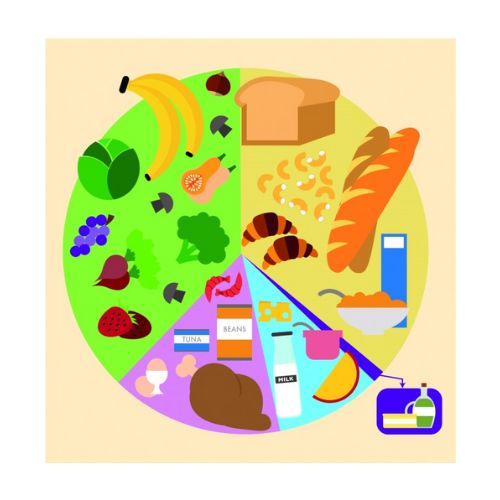Food and Nutrition

“Give someone a fish and you feed them for a day. Teach them to fish and you feed them for a lifetime.” We all know food is essential to life but in this busy world, more people are reaching for convenience foods and ready meals. However, it is more nutritious and often cheaper to cook simple, delicious food. Diet-related illnesses are one of the biggest strains on our NHS. Eating a healthy balanced diet can literally save your life! Students will develop the food preparation skills necessary to feed themselves and others, as well as understand the environmental impact of their food choices. Students will show their creativity and have a sense of achievement on a week-by-week basis.
Throughout all key stages, we build on skills and knowledge acquired, and challenge students beyond the National Curriculum, so that students develop a love of food, nutrition, and skills necessary to feed themselves and others, in a way that will help them lead long and healthy lives.
At key stage 3, students study the principles of food safety and hygiene as well becoming familiar with a range of kitchen equipment. A core focus for the Food and Nutrition department is following a healthy diet using the Eatwell Guide as well as exploring the 8 tips for good health. Students will build on this by exploring the factors affecting Food Choice and diet, including vegetarian diets, intolerances and allergies, food labelling, dietary requirements of different age groups or people with specific medical conditions, how food is used to celebrate and express faith, as well as exploring international and British cuisine. We will also explore the concept of Food Provenance and ethical considerations when choosing foods, including Fairtrade and Food Miles. Towards the end of key stage 3, students will carry out a Food Science investigation and develop their skills of writing and evaluating results.
In practical lessons, students will learn how to work safely and hygienically in the kitchen and develop essential food preparation skills through the cooking of a range of nutritious dishes, whilst being encouraged to become more independent in the kitchen. We start with basic knife skills, and use of the hob and oven. As key stage 3 progresses, we will build on these skills gradually combining them together to make more complex dishes with more skills and processes. Application of health eating principles and food science is evident throughout our practical lessons. Students will develop their evaluation skills, discussing and writing about the successes of their dishes and any changes they would make in the future, carrying out sensory evaluation of their dishes, as well as assessing their own skills.
At key stage 4, students build on all the knowledge they have acquired at key stage 3, gaining a much more detailed understanding across five key areas of nutrition, food science, food choice, food provenance and food safety and hygiene. The practical skills acquired at key stage 3 are essential so that students can develop the complex high-level skills required in the GCSE curriculum. 50% of the GCSE is based on a written examination and 50% is based on a non-examination assessment, where students carry out research on a chosen topic. They carry out food science investigations to explore the function of ingredients and develop better food preparation and cooking outcomes. They also develop skills and recipes for people with a particular dietary need or preference, trialling and perfecting dishes, working towards a three-hour food preparation examination. They carry out sensory testing and nutritional analysis on dishes so they can assess suitability for the target audience.
